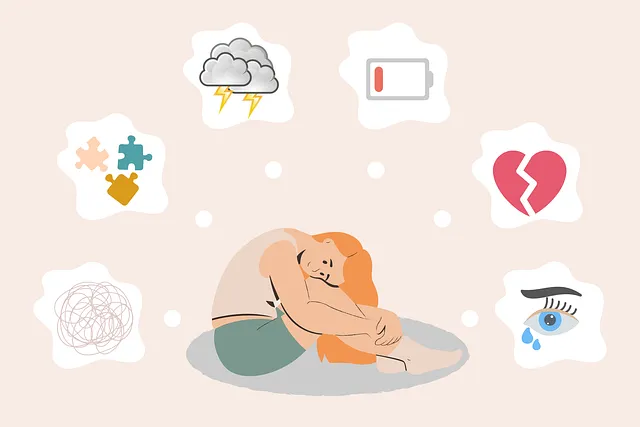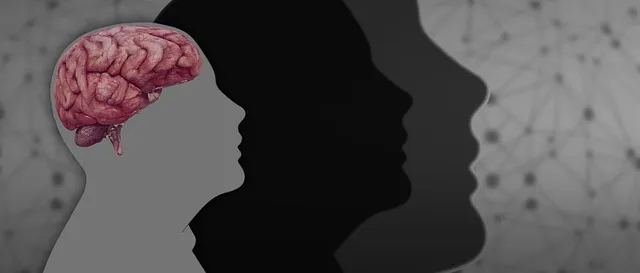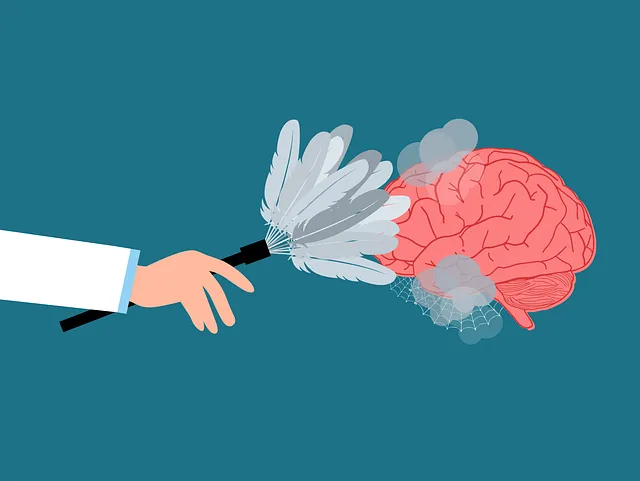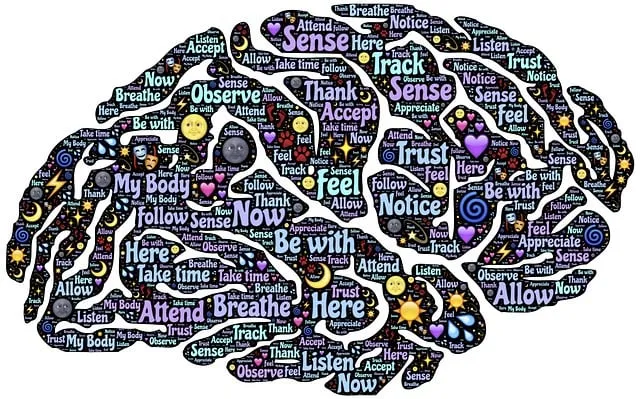Mental wellness journaling, popularized at Englewood Kaiser Permanente's mental health access center, is a powerful tool for emotional well-being. By offering a private space for self-reflection and dedicated writing about experiences, it helps individuals gain insights into their thoughts and emotions, build resilience, and improve overall well-being. Regular journaling enhances emotional regulation, communication skills, and self-awareness, leading to increased confidence and positive outlook. Consistency is key; using tailored prompts and setting specific time slots in daily routines can make journaling an integral part of self-care, ultimately fostering mental wellness.
“Discover the transformative power of Mental Wellness Journaling with guidance from the Englewood Kaiser Permanente Mental Health Access Center. This comprehensive guide explores how self-reflection through journaling can unlock emotional healing and personal growth. Learn about the profound benefits of this practice, from reducing stress to enhancing self-awareness. We provide practical tools, techniques, and a variety of prompts tailored to your needs. Incorporate journaling into your daily routine and experience the positive impact on your mental wellness, just like many Englewood Kaiser Permanente clients have done.”
- Understanding Mental Wellness Journaling: Unlocking Self-Reflection and Healing
- The Benefits of Journaling for Emotional Wellbeing
- Setting Up Your Journaling Practice: Tools and Techniques from Englewood Kaiser Permanente
- Engaging with Different Journaling Prompts for Personal Growth
- Incorporating Journaling into Daily Routine: Tips and Tricks
Understanding Mental Wellness Journaling: Unlocking Self-Reflection and Healing

Mental wellness journaling is a powerful tool for self-reflection and healing, offering individuals a private space to explore their thoughts and emotions. It’s a practice that has gained significant traction at places like Englewood Kaiser Permanente mental health access center, where professionals encourage its benefits in promoting mental well-being. By dedicating time to write about one’s experiences, feelings, and even challenges, individuals can unlock insights into their mental states. This process allows for the development of resilience building skills, as it helps to normalize and understand emotions, ultimately fostering mind over matter principles.
Journaling provides a safe haven for self-expression, enabling individuals to track their moods, identify patterns, and gain perspective on stressful situations. It’s an effective way to prevent burnout by offering a moment of pause between triggering events and reactions. Through consistent practice, one can cultivate a deeper understanding of their mental landscape, leading to better coping strategies and improved overall well-being.
The Benefits of Journaling for Emotional Wellbeing

Englewood Kaiser Permanente mental health access center emphasizes the powerful tool that journaling can be for emotional wellbeing. By committing time to reflect and write down thoughts and feelings, individuals can gain profound insights into their emotions, triggers, and patterns. This self-exploration is key in identifying sources of stress, anxiety, or depression, and it empowers people to take charge of their mental health journey.
Regular journaling offers numerous benefits, including enhanced emotional regulation, improved communication skills, and increased self-awareness. It provides a safe space for individuals to express themselves without judgment, fostering self-acceptance and promoting the development of healthy coping mechanisms. Moreover, studies suggest that this practice can boost self-esteem improvement and confidence, contributing to overall emotional well-being promotion techniques. Through consistent journaling, one can cultivate a stronger connection with their inner self, leading to greater resilience and a more positive outlook on life.
Setting Up Your Journaling Practice: Tools and Techniques from Englewood Kaiser Permanente

Englewood Kaiser Permanente’s Mental Health Access Center offers valuable guidance on establishing a journaling practice as a tool for mental wellness. They suggest starting with a dedicated space, free from distractions, to foster a sense of calm and focus. A quiet area allows individuals to reflect and connect with their thoughts without interruptions, promoting clarity and self-awareness.
The center recommends utilizing various techniques to make journaling accessible and enjoyable. This may include using prompts tailored to individual needs, such as exploring emotions, setting intentions, or reflecting on daily experiences. Engaging with creative tools like colored pens, stickers, or sketches can also transform the process into a therapeutic art form. Additionally, they emphasize the importance of consistency, suggesting dedicated time slots each day or week to ensure this practice becomes an integral part of one’s self-care routine.
Engaging with Different Journaling Prompts for Personal Growth

Journaling prompts serve as powerful tools for personal growth and self-reflection, especially when tailored to mental wellness. At the Englewood Kaiser Permanente Mental Health Access Center, we encourage our clients to explore diverse journaling exercises designed to enhance emotional awareness and foster resilience. Engaging with these prompts allows individuals to delve into their thoughts and feelings, providing a safe space for exploration and discovery.
By incorporating a range of topics, from reflecting on daily experiences to practicing gratitude or expressing emotions, journaling becomes a dynamic process that adapts to one’s unique journey. This practice not only supports risk management planning for mental health professionals but also cultivates cultural sensitivity in healthcare practices by encouraging individuals to connect with their inner selves. Moreover, compassion cultivation practices can be seamlessly integrated into these prompts, helping users develop greater empathy and kindness towards themselves and others.
Incorporating Journaling into Daily Routine: Tips and Tricks

Incorporating journaling into your daily routine can significantly contribute to your mental wellness, much like the services provided by the Englewood Kaiser Permanente Mental Health Access Center. To start, allocate a dedicated time slot each day for this practice. Consistency is key; even 15 minutes can make a difference. Keep a journal nearby to remove any barriers that might prevent you from writing. Start with simple prompts like describing your emotions or listing things you’re grateful for. Over time, explore more structured formats inspired by Mental Health Education Programs Design, such as tracking moods, practicing Mindfulness Meditation through reflections, or using prompts related to personal growth and self-discovery.
Engage in Community Outreach Program Implementation by sharing your journaling practice with friends or family members who might also benefit. This can foster a supportive environment and encourage regular participation. Additionally, consider joining online communities or groups where you can share insights and learn from others’ experiences. Remember, the goal is to make journaling a sustainable part of your routine, enhancing your overall mental wellness much like what the Englewood Kaiser Permanente Mental Health Access Center promotes.
Mental wellness journaling is a powerful tool offered by resources like the Englewood Kaiser Permanente Mental Health Access Center. By integrating this practice into daily routines, individuals can unlock profound self-reflection and emotional healing. The benefits are clear: enhanced emotional wellbeing, personal growth, and improved mental resilience. With the right tools and techniques, as provided by Englewood Kaiser Permanente, anyone can begin their journey towards better mental health through the transformative power of journaling.






